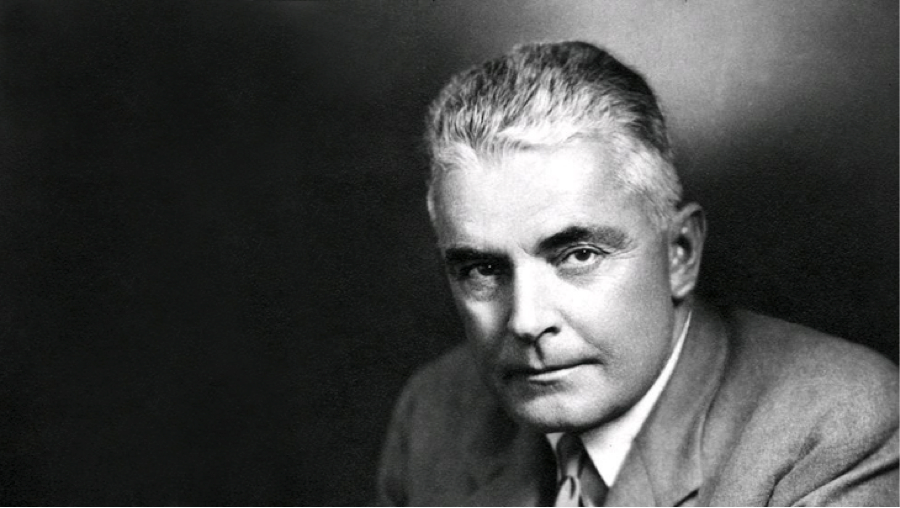

However, sometimes an individual is simply too strong in the Spirit to give in to temptation right away. He is content to wait around for weeks, months, or even years, pushing the same temptation again and again in the hope that one day he will break through. In addition, he is quite patient when it comes to tempting people. Satan would really prefer to take down a shepherd this way, because he knows it will ruin their testimony and turn other people off to the message of Christ.

Every person has their own individual weaknesses, and through keen observation it is possible to see just where to attack. The devil has two main tactics that he uses to try to bring someone down. The methods used in carrying out this mission are easy to recognize.

Therefore, the better things are going, the more the devil desires to put an end to the operation. Of course, the ones that the forces of evil would most love to take down are the shepherds who are actually having some success. If you are in some kind of shepherding role, assume that you have a target on your back. Thus, he is constantly in the business of attacking shepherds. He knows that the best way to go after a group is to harm its leadership. Have you ever felt like this poor sheep? Wikipedia photo by user Bugguyak. If you believe, as I do, that there is a very real source of evil, an enemy who sets himself up in opposition to all that is good (and most particularly the Church), then it should not come as a surprise that part of the goal of this force of evil would be to scatter the sheep, making them more vulnerable to attack. They cannot provide for themselves well, and predators can pick them off easily one by one. What happens to sheep if the shepherd decides to wander off and take a break? They scatter far and wide. All of these people have a God-given responsibility to care for the sheep, submitting to and seeking to emulate the chief shepherd, Jesus Christ. Mentors provide shepherding for their mentees, and parents are shepherds for their children. The most obvious church shepherds are those who are in positions of authority, but really anyone who is involved in teaching, discipling, or providing for the needs of the metaphorical flock can be thought of as a shepherd of sorts. Thus, shepherding is implied in the term. In addition, scripture also refers to church leaders as shepherds: the root for the word “pastor” is the same as the words “pastoral” and “pasture”. This is the role that Christ plays for the Church. They need their shepherd to guide them everywhere and keep them out of trouble, providing them with food and protecting them from threats. This is not meant to be a particularly favorable comparison, as sheep are rather dumb animals. Indeed, you can still find sheep being raised there today.Īs described in the New Testament, Christ is the chief shepherd, the head of the Church, and all believers are sheep. This makes sense, since ancient Israel was a society that raised a lot of sheep. From the words of the 23 rd Psalm, which many Christians can quote from memory, to Jesus’ statement that he is the “Good Shepherd”, pastoral imagery is very common throughout the 66 books of the Bible. One of the metaphors that tends to be used over and over again in scripture is that of a shepherd and his sheep. Early Christian artwork depicting Christ as the Good Shepherd from the Catacombs of Callixtus in Rome.


 0 kommentar(er)
0 kommentar(er)
